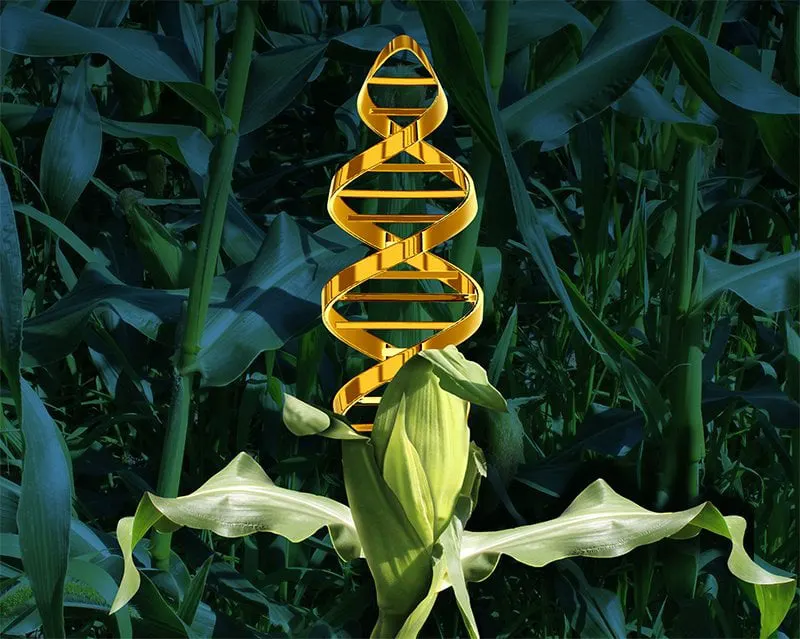Market for CRISPR-edited crops will be limited by hazy global regulatory environment and societal ambivalence
Market for CRISPR-edited crops will be limited by hazy global regulatory environment and societal ambivalence


New breeding techniques pioneered by genome editing have gained substantial traction within the last decade, revolutionizing the plant breeding field. Both industry and academia have been investing and working to optimize the potentials of gene editing and to bring derived crops to market. The spectrum of cutting-edge genome editing tools along with their technical differences has led to a growing international regulatory, ethical and societal divide.
…
Most surveyed experts agreed that genome-edited crops—as with similar conventionally-bred counterparts—pose few risks to society (76%), the economy (71%), human health (75%) and the environment (71%).
…
Despite the projected safety of non-transgenic, genome-edited crops, half of the sample asserted that the biotechnology regulatory framework in their country does not favor the use of emerging biotechnologies in crop development. This was more pronounced among European participants (25% of European experts representing 30% of the surveyed panel), who indicated EU regulations completely or moderately discourage the use of genome editing.
With the advanced knowledge in crop genetics and the accumulated regulatory experience in plant biotechnology, these crops have the potential to deliver an increase in the number of novel traits, faster and cheaper, but only if they can get to market efficiently and quickly.
Read the original post

 | Videos | More... |

Video: Nuclear energy will destroy us? Global warming is an existential threat? Chemicals are massacring bees? Donate to the Green Industrial Complex!
 | Bees & Pollinators | More... |

GLP podcast: Science journalism is a mess. Here’s how to fix it

Mosquito massacre: Can we safely tackle malaria with a CRISPR gene drive?

Are we facing an ‘Insect Apocalypse’ caused by ‘intensive, industrial’ farming and agricultural chemicals? The media say yes; Science says ‘no’
 | Infographics | More... |

Infographic: Global regulatory and health research agencies on whether glyphosate causes cancer
 | GMO FAQs | More... |

Why is there controversy over GMO foods but not GMO drugs?

How are GMOs labeled around the world?

How does genetic engineering differ from conventional breeding?
 | GLP Profiles | More... |

Alex Jones: Right-wing conspiracy theorist stokes fear of GMOs, pesticides to sell ‘health supplements’




 Trust issues: What happens when therapists use ChatGPT?
Trust issues: What happens when therapists use ChatGPT? Fighting deforestation with CO2: Biotechnology breakthrough creates sustainable palm oil alternative for cosmetics
Fighting deforestation with CO2: Biotechnology breakthrough creates sustainable palm oil alternative for cosmetics California, Washington, Oregon forge immunization alliance to safeguard vaccine access against federal undermining
California, Washington, Oregon forge immunization alliance to safeguard vaccine access against federal undermining Viewpoint — Fact checking MAHA mythmakers: How wellness influencers and RFK, Jr. undermine American science and health
Viewpoint — Fact checking MAHA mythmakers: How wellness influencers and RFK, Jr. undermine American science and health 30-year-old tomato line shows genetic resistance to devastating virus
30-year-old tomato line shows genetic resistance to devastating virus Viewpoint: Video — Big Solar is gobbling up productive agricultural land and hurting farmers yet providing little energy or sustainabilty gains
Viewpoint: Video — Big Solar is gobbling up productive agricultural land and hurting farmers yet providing little energy or sustainabilty gains The free-range chicken dilemma: Better for birds, but with substantial costs
The free-range chicken dilemma: Better for birds, but with substantial costs ‘You have to treat the brain first’: Rethinking chronic pain with Sanjay Gupta
‘You have to treat the brain first’: Rethinking chronic pain with Sanjay Gupta
